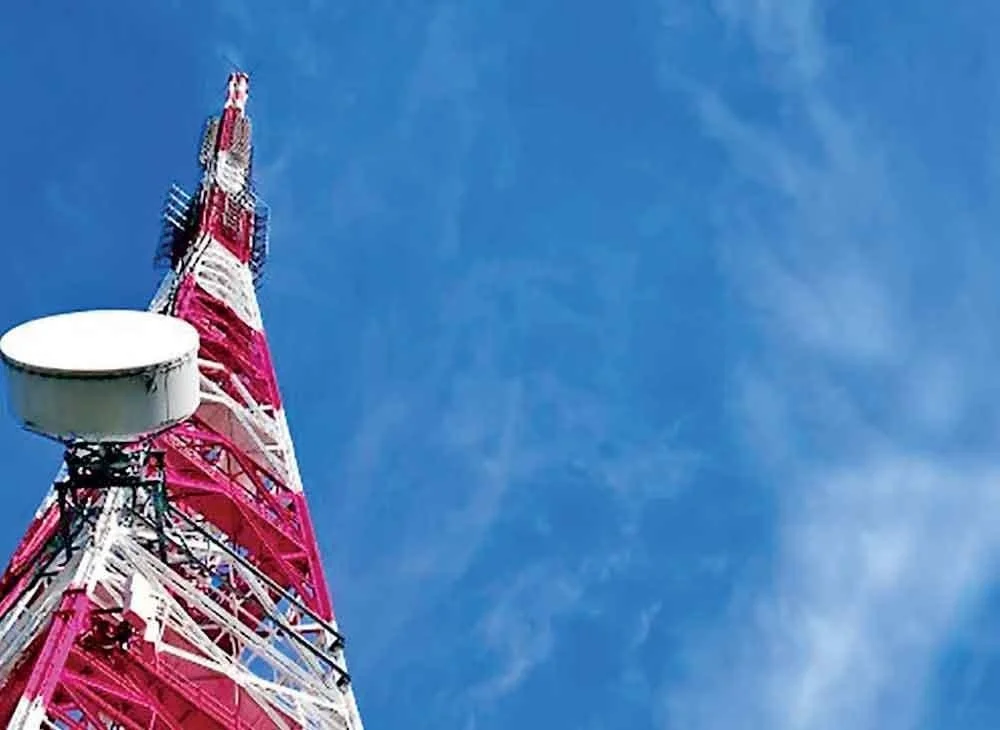Bangladesh’s aspiration to become a trillion-dollar digital economy is under threat due to one of the world’s heaviest spectrum and tax burdens, according to a new GSMA study launched in Dhaka. The report, The Impact of Spectrum Pricing in Bangladesh, reveals that excessive spectrum costs are restricting operator investment, slowing internet speeds, and delaying the rollout of 5G.
The study estimates that lowering spectrum prices could unlock up to $45 billion in additional economic growth by 2035. Currently, spectrum fees account for 16% of operators’ recurring revenue, compared to 10% in Asia Pacific and 8% globally. When combined with revenue-share levies, universal service obligations, and high consumer taxes, operators face a staggering 55% fiscal burden on revenue—one of the highest worldwide.
If current policies continue, spectrum costs could rise to 21% of revenue by 2035, forcing operators to return spectrum or avoid new bands. This would likely weaken service quality, slow 5G adoption, and reduce overall competitiveness. By contrast, aligning spectrum prices with the Asia-Pacific median could raise download speeds by 17% and enable near-universal 5G coverage, contributing $34 billion to GDP. Deeper reductions closer to the global median could deliver $45 billion in value while increasing 4G speeds by 22%.
The report stresses that reducing spectrum costs would not necessarily reduce government revenue, as improved connectivity would drive broader economic growth and tax contributions elsewhere. Recommendations include resetting spectrum prices, awarding the 700 MHz and 3.5 GHz bands promptly, reducing device import duties, and modernizing licences with flexible, long-term terms.
“Mobile connectivity is the oxygen of Bangladesh’s digital ambition,” said Julian Gorman, Head of GSMA Asia Pacific. “Affordable, predictable pricing and modernised licence terms are essential to power the trillion-dollar economic vision. Spectrum must become a catalyst, not a constraint, for inclusive growth.”
With timely reforms, the GSMA argues, Bangladesh could accelerate 5G rollout, strengthen digital inclusion, and achieve its goals of becoming an upper-middle-income country by 2031 and a trillion-dollar digital economy soon after.















